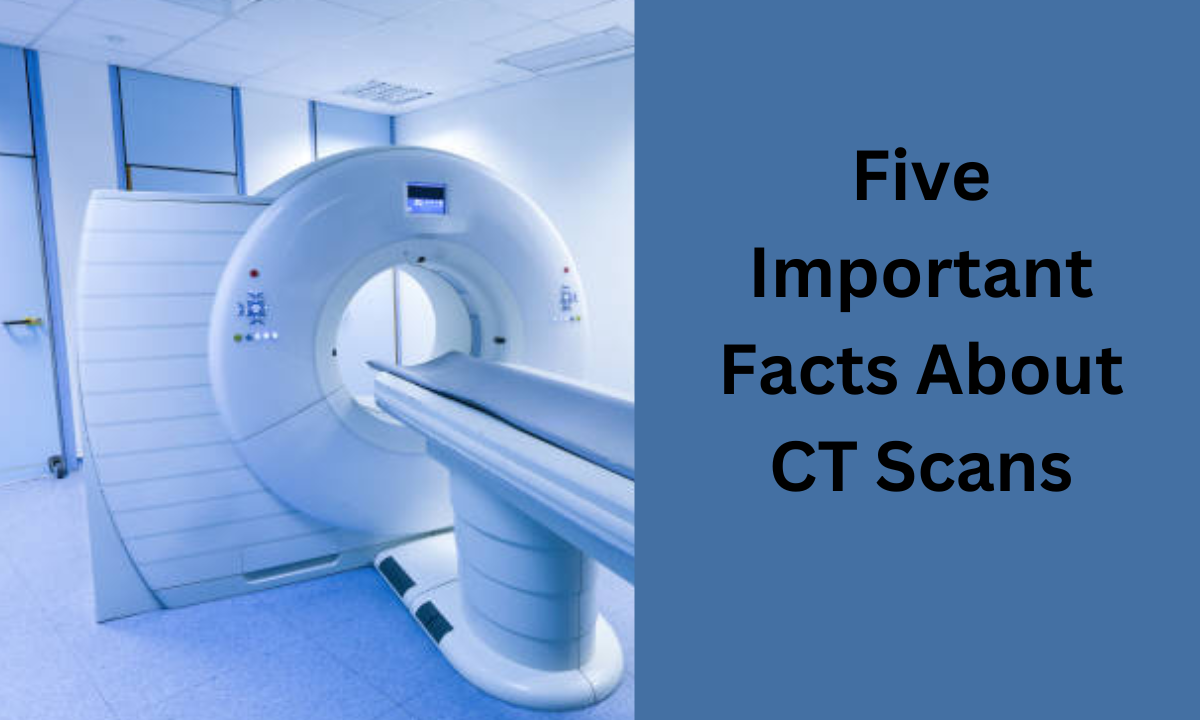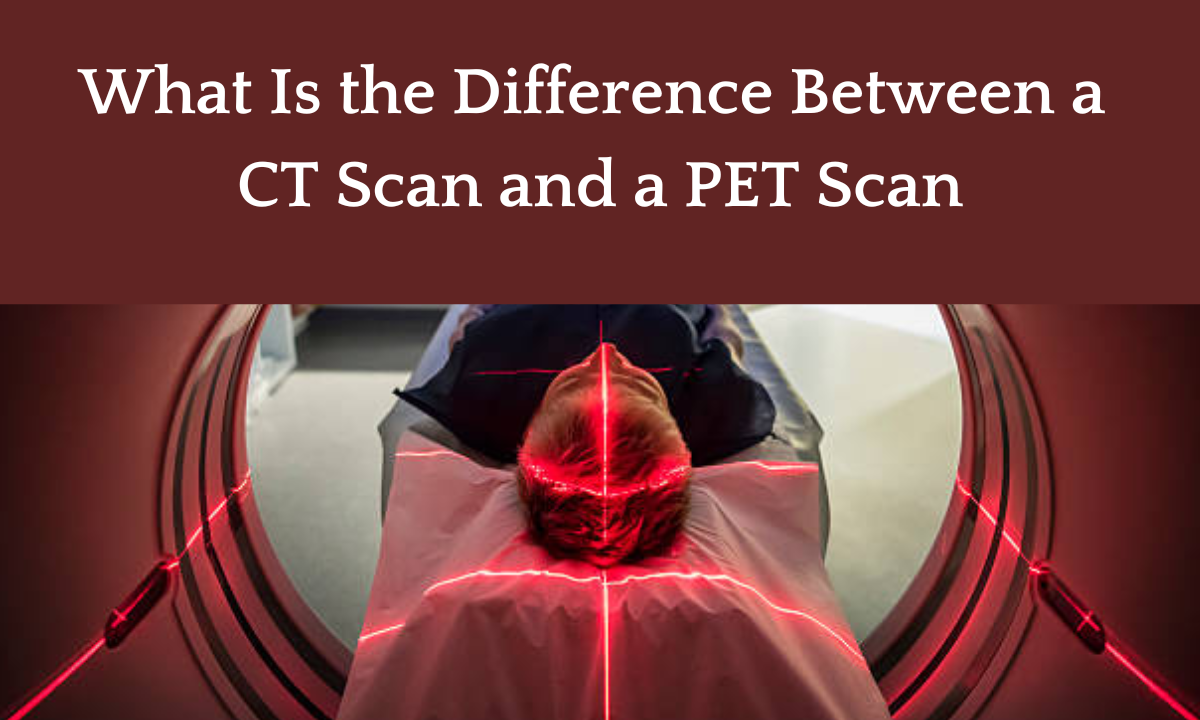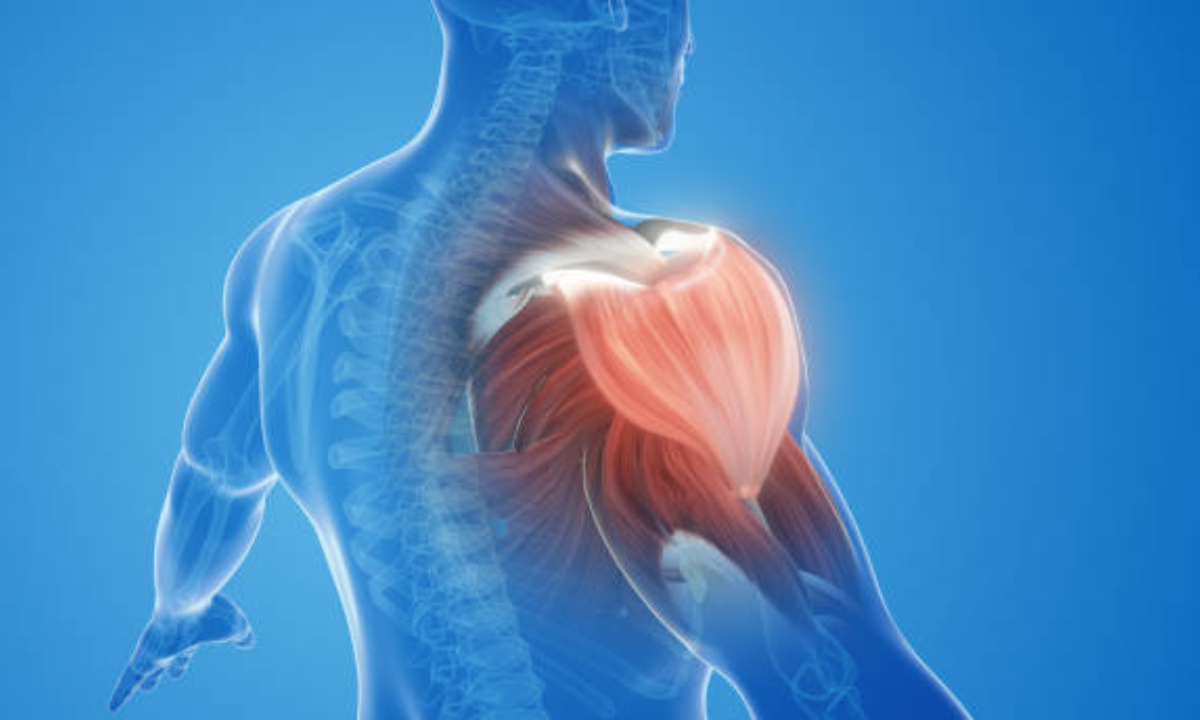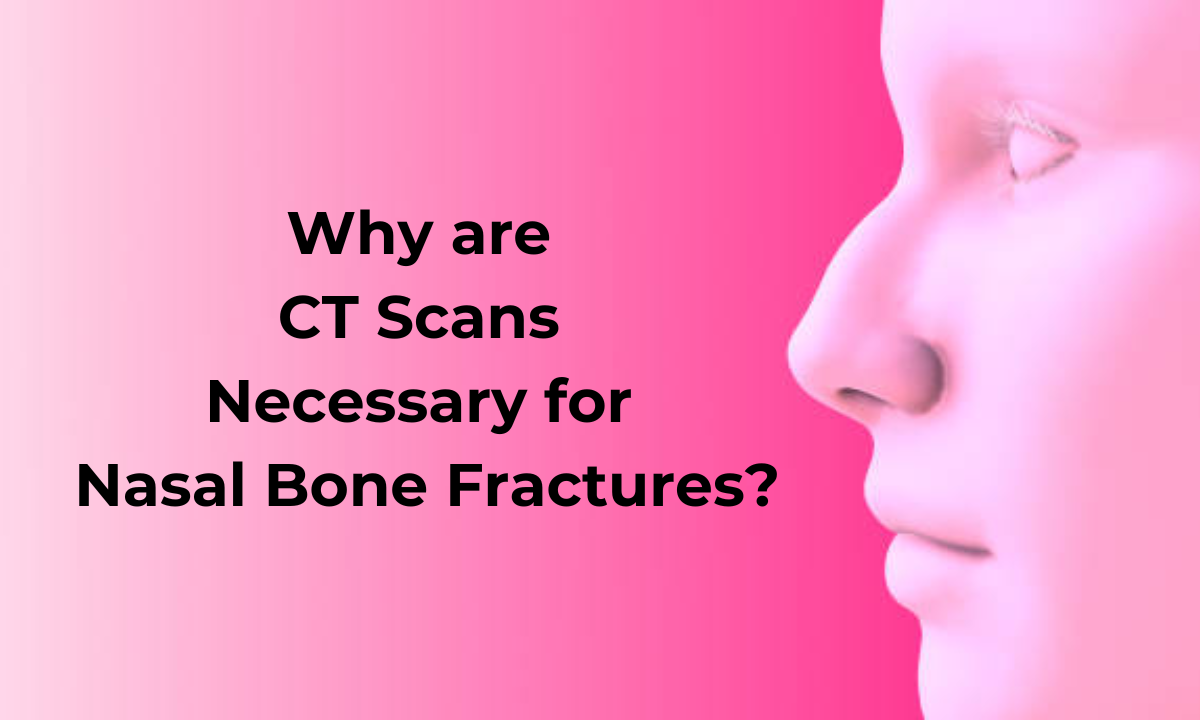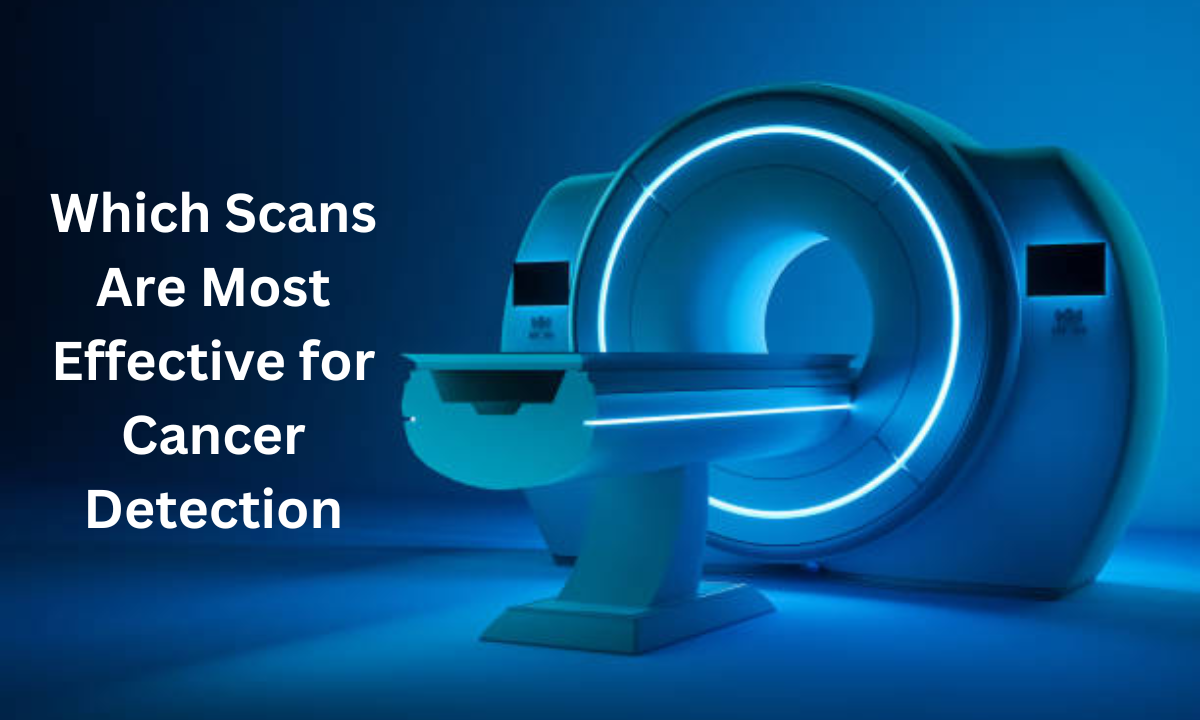Body scans are non-invasive imaging tests that can help detect health issues early. Getting scanned regularly provides doctors with a baseline to compare changes over time. This allows them to identify concerning abnormalities at their earliest stages.
What Are Body Scans?
There are different types of body scans using various imaging technologies:
- CT Scans
Computed tomography (CT) scans combine multiple X-ray images taken from different angles to create cross-sectional views of the body. This allows doctors to see inside organs, bones, tissues, and blood vessels. CT scans emit radiation but less than conventional X-rays.
- PET Scans
Positron emission tomography (PET) scans accumulate in organs and tissues. It highlights areas with higher metabolic activity. This can reveal issues like cancer, heart disease, and brain disorders.
- MRI Scans
Magnetic resonance imaging (MRI) uses powerful magnets and radio waves to produce detailed 3D images. MRIs give clear views of soft tissues and organs without radiation. They are ideal for examining joints, brains, spines, and more.
- Ultrasounds
Ultrasounds use high-frequency sound waves to visualize organs and soft tissues. A transducer is moved over the skin to produce images in real-time. Ultrasounds are safe, non-invasive, and inexpensive.
- DEXA Scans
Dual-energy X-ray absorptiometry (DEXA) measures bone mineral density to check for osteoporosis. It exposes patients to minimal radiation to acquire images of the hips, spine, and sometimes the entire body.
Key Benefits of Body Scans
- Detect issues early: Scans can uncover medical conditions in their initial stages before symptoms appear. This allows for early intervention which improves outcomes.
- Screen for diseases: Scans are used to proactively screen for common diseases like cancer, heart disease, emphysema, and osteoporosis in high-risk individuals.
- Monitor known conditions: Scans help monitor progression of diagnosed conditions and assess the efficacy of treatments. Comparisons with previous scans reveal subtle changes over time.
- Guide procedures: Scans assist doctors in performing targeted biopsies, surgery, radiation therapy and other invasive procedures by pinpointing affected areas.
- Replace exploratory surgery: Scans often eliminate the need for exploratory surgery which carries more risk. They provide information about potential issues non-invasively.
- Reduce mortality: Early detection and treatment afforded by scans lower mortality rates for diseases like cancer, stroke, and heart disease.
Recommended Scan Schedules
Health experts advise certain screening scans for average-risk individuals starting at specific ages:
- Mammograms: Annual mammograms for women starting at age 40 to detect breast cancer.
- Colonoscopy: Colonoscopy every 10 years from age 45 to screen for colorectal cancer.
- Lung Cancer Screening: Annual low-dose CT scan for current or former heavy smokers starting at 50.
- Heart Scan: CT scan for calcified plaque in arteries starting at 45 for men and 55 for women.
- Osteoporosis Screening: Baseline bone density scan at age 65 for women and 70 for men.
Those with risk factors, family history, or concerning symptoms may need to start screenings earlier and require scans more frequently.
For individuals with diagnosed medical conditions, doctors tailor scan schedules based on the specifics of each case. More frequent monitoring helps evaluate disease progression and treatment efficacy.
Improving Scan Accuracy
While body scans are extremely helpful diagnostic tools, there are factors that impact their accuracy:
- Image quality depends heavily on the skill and experience of the technician operating the scanner. Poor technique can compromise results.
- Certain patient characteristics like excess weight, implants, pacemakers etc. can distort images and impede proper evaluation.
- Interpreting scan results relies on the expertise of specialized radiologists. Misreads can lead to false positives or missed diagnoses.
Some ways to improve scan accuracy include:
- Having well-trained, certified technicians handle imaging procedures and equipment.
- Communicating relevant patient factors to technicians before scans.
- Having at least two radiologists independently interpret results to avoid individual errors.
- Using computer-aided diagnosis software to double-check human analysis.
- Comparing new scans to older ones from the same machine helps identify new or growing issues.
Regularly getting quality body scans and having them analyzed by qualified professionals ensures the highest level of accuracy. This allows even small changes to be detected reliably so that medical intervention can occur as early as possible.
Potential Drawbacks of Scans
While extremely useful, body scans do have some downsides:
- Radiation exposure: CT scans and X-rays involve ionizing radiation which can damage DNA and cause cancer. This risk is small for individual scans but increases with repeated exposure.
- Incidental findings: Scans may reveal suspicious incidental anomalies unrelated to the reason for the test. This can prompt further unnecessary testing which carries costs and risks.
- False positives: Anomalies spotted may be benign but lead to invasive follow-up procedures before getting cleared. This causes needless anxiety, complications and expenses.
- Overdiagnosis: Early detection of slow-growing cancers like thyroid and prostate can prompt aggressive treatment of diseases that may never actually threaten health.
- High costs: Scans are expensive and costs accumulate quickly if extensive subsequent testing is triggered. What insurance covers varies widely so out-of-pocket costs may be daunting.
- Procedure risks: While minimal, imaging tests can have side effects like allergic reactions to contrast dyes or kidney damage from their use. There are also risks if sedation is required.
While downsides exist, body scans provide life-saving information unobtainable through other means. Patients should discuss pros, cons and alternatives with their doctor when determining appropriate screening options.
Conclusion
Regular body scans enable early detection of developing health problems. Identifying issues in initial stages makes treatment more straightforward and outcomes more favorable. Patients should understand recommended screening schedules based on age, risk profile and existing conditions. Working closely with doctors to interpret results prevents unnecessary subsequent testing. Despite some downsides, the benefits of early detection from routine quality body scans far outweigh the risks for most patients.
KIRANPET CT CENTRE, is one of the well renowned diagnostic centers in Bangalore using latest technology for all its centres as well as patients. Be it PSMA PET Scan, PT Scan, CT Scan, it is a one stop destination for all your needs. You can reach out to the team as and when you need.


